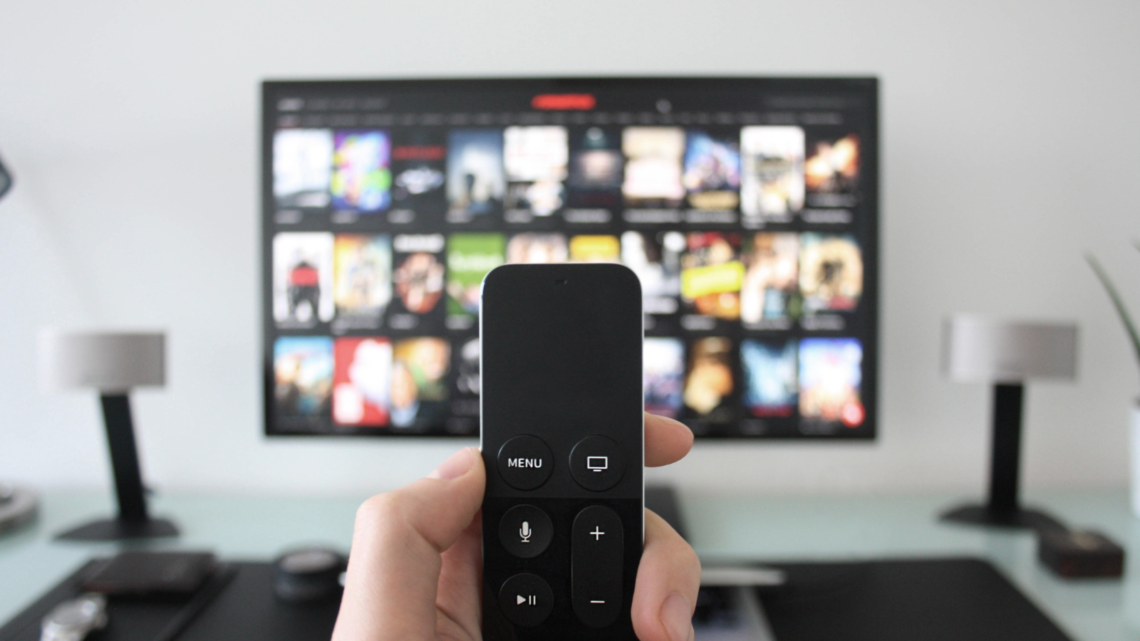
Physical and Mental Effects of Technology
On average, Canadians can spend upwards of 6 to 8 hours (sometimes longer) sitting in front of computer screens. Additionally, screen time usage can also increase with things like smartphones, tablets, televisions and other electronic devices. It is this overuse that can cause significant eye strain, as well as have other physical and mental tolls on our bodies.
One of the most common complaints of sitting for long periods of time is lower back and neck pain. Sitting for a prolonged amount of time can cause the muscles to become strained and inflamed, and the spine may also become unaligned, resulting in pain. To prevent this, it’s important that you ensure your posture is correct when sitting. Make sure that you’re sitting upright with your back against the chair, shoulders back but relaxed, and also make sure your knees are positioned evenly (or slightly higher) than your hips. Your feet should also be positioned flat on the floor. It’s also important that you get up and move around from time to time. This will not only help to prevent muscle strain, stiffness and soreness, but also get blood and oxygen pumping through your body. If able, you should try to get up and move around every 20 or 30 minutes. Some offices may also have (or allow you to get) a standing desk, which can be better than prolonged sitting.
If you’re someone who spends a lot of time scrolling through their phone at night, whether it’s for work, to check e-mails, or catching up on the latest social media posts and news of the day, you may also notice that you have trouble sleeping. An estimated 3.3 million Canadians say they have difficulty either falling or staying asleep at night – also known as insomnia, which tends to be prevalent in individuals addicted to their electronic devices. Many of these devices emit a blue light, and it is this light that can throw off the body’s internal biological clock – also known as the circadian rhythm. If you happen to have a habit of using electronics before bed, this is a habit that you should try to break by setting yourself a curfew. I suggest avoiding electronic use at least 1 hour before bed (the earlier, the better.) Alternatively, if you do insist on using your electronic devices, do your research and try to find ones that don’t emit blue light. Along with having an impact on sleep, prolonged use of electronic devices can also cause an increase in weight, as the more time you spend using such devices, the less physical activity you’re getting. Us of electronic devices can also cause mindless eating, so it’s important to remain fit and have a healthy diet.
Vision problems are another issue that people who spend a lot of time using electronics will face. While you might think that getting a good pair of glasses will solve this problem, that isn’t exactly the case. While a pair of glasses will certainly help you see things better, constant exposure and use of electronics can still result in eye strain, trouble focusing, blurred vision, double vision, itchy or watery eyes, dry eyes, sensitivity to light, and even headaches. These symptoms can be mild, or they can be severe. You’re also at risk of developing retinal damage, and cataracts. To prevent eye problems from occurring, you again need to take breaks from the screens you’re looking at. If you suffer from dry eye, I recommend purchasing artificial tear eyedrops to help get the eyes lubricated. If your eyes are sore, you can sooth them by placing a warm cloth over them for 10 minutes at a time – just be careful to make sure that it’s not too hot, as the skin around the eyes is sensitive and you don’t want to suffer a burn. Sometimes eye strain and headaches can also be triggered by the brightness of the screen you’re looking at, so I recommend having it set dimmer. Some devices also offer what’s called a “night mode.” This can also relieve eye strain, and may even help you fall asleep easier.
Technology can also take a toll on us mentally. It isolates us and takes us away from things that are important, like friends and family. Those face-to-face connections are crucial to have. There are also certain apps, such as Snapchat, that can lead to certain mental health conditions related to poor body image. To prevent this, it’s important that you adopt strategies that will help get you out and about in the real world and spending less time in front of a screen. You’ll not only notice a boost in self-esteem, but you may even notice a boost in your energy level.

